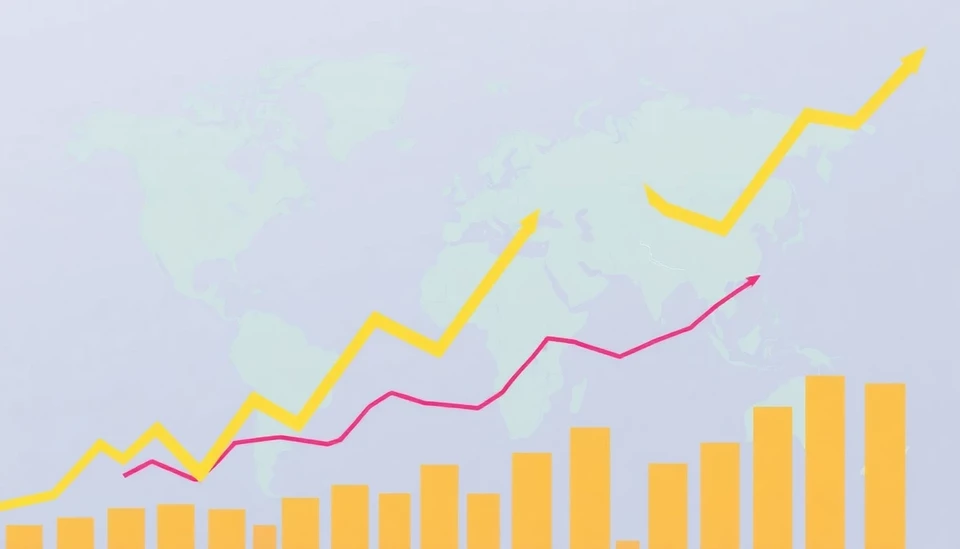
In a remarkable turn of events, emerging markets are experiencing a significant rally, largely attributed to growing bets on the weakening of the U.S. economy. Investors are increasingly confident that the challenges plaguing the American economy will lead to more favorable conditions for markets outside the U.S., sparking a wave of enthusiasm across various developing countries. This phenomenon raises intriguing questions about the dynamics of global investing and the intertwined fates of different economic regions.
As the U.S. grapples with persistent inflation and concerns about an impending recession, investors are shifting their focus toward emerging markets. They believe that these regions might offer more enticing opportunities for growth compared to the slowing U.S. economy. With the Federal Reserve's monetary policy potentially shifting in the wake of economic weakness, many are positioning themselves to benefit from a decline in the dollar's value and improved conditions in local markets.
The optimism has been particularly palpable in countries such as Brazil, India, and various Southeast Asian nations, all of which have been attracting foreign capital. The influx of investment has led to increased stock prices and economic activity, providing a much-needed boost for these economies. For instance, Brazil's stock market has recorded strong gains as domestic consumers rebound and commodities exports surge.
A critical driver of this trend is the assessment of growth differentials between the U.S. and emerging markets. Fund managers and analysts alike are increasingly confident that with U.S. growth likely to decelerate, emerging markets could witness a rebound fueled by stronger domestic consumption and a more robust export environment. This shift in the economic landscape is empowering investors to rethink their strategies, seeking higher returns in places they might have previously overlooked.
Moreover, the changing narrative around global supply chains, amid ongoing geopolitical tensions and shifts in trade policies, has created new opportunities for emerging markets to capitalize on. As companies look to diversify and localize supply chains, many are finding favorable conditions in various developing countries. This trend is expected to accelerate as firms adapt to a post-pandemic world that demands more resilient and flexible logistics strategies.
In conclusion, as the U.S. economy faces headwinds, emerging markets are well-positioned to capitalize on these challenges. Investors are increasingly optimistic about the potential for recovery and growth in these regions, spurring a rally that reflects a broader shift in global economic dynamics. The interplay between U.S. economic performance and emerging market fortunes will continue to be closely monitored as we navigate these complex market conditions.
#EmergingMarkets #USEconomy #GlobalInvesting #MarketTrends #Investments #EconomicRecovery
Author: Daniel Foster




